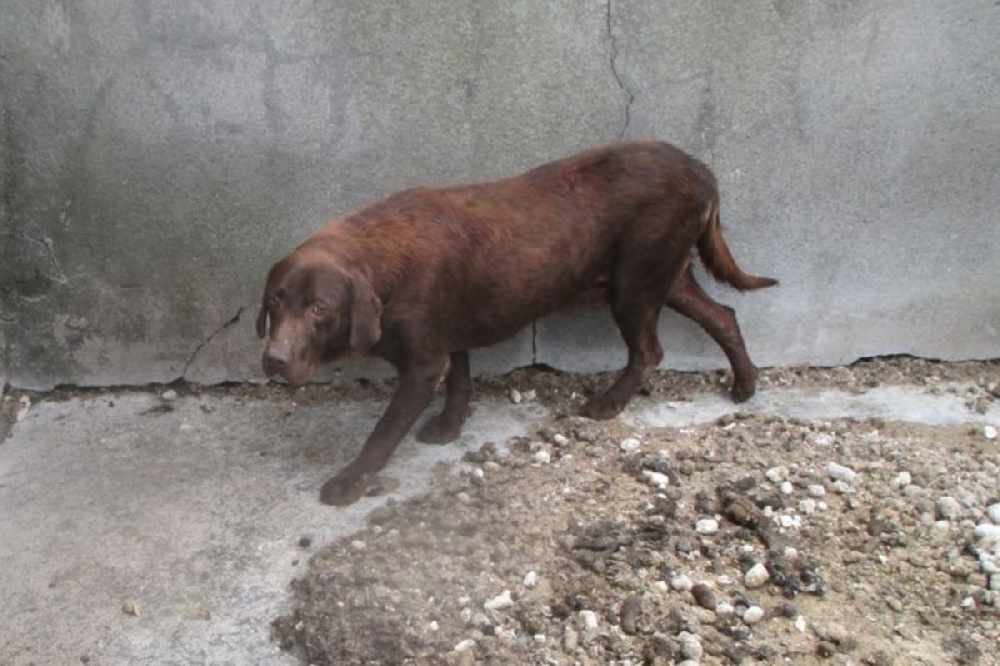
He will have to pay €5,000 in state costs and €5,000 to the ISPCA.
AN Offaly puppy farmer convicted of animal cruelty offences walked free from court after agreeing to pay €10,000.
The Tullamore man who ran what was described in the Circuit Court as an "animal Auschwitz" will avoid a jail term if he pays €5,000 in State costs and another €5,000 to the ISPCA.
Judge Karen Fergus told 56-year-old Mr Deegan, Clonminch, Tullamore, that if the money is paid by November 17 next, a six-month suspended sentence will be imposed.
Judge Fergus gave her decision on an appeal at Tullamore Circuit Court yesterday saying Mr Deegan's offending was at the upper end of the scale and attracted the maximum sentence, which is six months.
Mr Deegan was appealing against the severity of a five-month sentence, with the final month suspended, which had been imposed on him at the District Court in January.
He had pleaded guilty failing to safeguard the welfare of animals, permitting the carcasses of animals on land to which other animals have access, and failing to provide sufficient food or water to animals.
In addition to the prison sentence, he was ordered to pay €5,000 in costs and disqualified from keeping animals for life. He was also to remove animals from his land.
At an initial sentencing hearing on Tuesday, Judge Fergus was told Mr Deegan was accepting the disqualification order.
Yesterday Judge Fergus said inspectors from the ISPCA and the Department of Agriculture encountered animals in horrific conditions when they called to Mr Deegan's farm on August 3, 2018 after concerns were raised.
Dogs were kept in compartments in varying degrees of filth, were crawling with fleas and had no water.
Three dead puppies were found, 39 dogs were seized and of those, 25 had to be brought to Mallow for special veterinary attention where they were found to be distressed and depressed.
Inspectors also found 140 poultry, pigs, the remains of the carcass of a horse, a dead dog in the early stages of decomposure and piles of bones scattered around.
Inspectors carried out another visit on August 17 and found some improvements but another inspection in October 2018 discovered a horse with suspected septicaemia which had to be put down.
They also found the remains of a horse's neck.
Another visit was made in January 2019 after concern was expressed about a terrier dog and when the inspectors arrived the animal was dead.
Last Monday, the day before the first appeal hearing, Department of Agriculture inspectors found there were still 35 horses on Mr Deegan's land, plus goats and poultry.
Judge Fergus noted the inspectors concluded Mr Deegan was in no position to look after any animals.
She said the defenceless animals were subjected to appalling neglect and unnecessary suffering and their pain, discomfort, hunger and thirst were the primary aggravating factors in sentencing.
The judge also said Mr Deegan's cooperation with the inspectors was poor and added that the dogs were being kept for profit.
A guilty plea he had entered at the District Court was not early enough to attract credit, she added, but the man's risk of reoffending was low because he had agreed to the disqualification order.
Other mitigating factors were the evidence that he was a hardworking man with a full-time job in construction, in addition to the farm, and his history of depression dating back to 2013.
While Mr Deegan must keep no animals, his ex-wife is permitted to keep five horses which she owns on his land, but no more than five.
If the €10,000 is paid by the date of the Circuit Court sitting on November 17 next, the six-month sentence will be suspended on condition he enter into a €500 peace bond.
An arrangement has been made for the sale of animals by Mr Deegan.
At Tuesday's hearing Judge Fergus was told by prosecution counsel Helen Johnson, BL, that Mr Deegan's farm was “best decribed as an animal Auschwitz”.
Defence counsel Willie Penrose, BL, said the appellant was a hardworking father of four with no previous convictions.
He appealed for a suspended sentence, saying that a rational person would not have come to the level of offending to which Mr Deegan had come.


 Local Authority Looking At Double Bypass For Laois Town
Local Authority Looking At Double Bypass For Laois Town
 HSS Hire Owner Underlines Future Security Following Multi-Million Euro Sale
HSS Hire Owner Underlines Future Security Following Multi-Million Euro Sale
 Offaly's Finest Will Be Celebrated This Weekend
Offaly's Finest Will Be Celebrated This Weekend
 Athlone Castle Gets €1.8m In Funding
Athlone Castle Gets €1.8m In Funding
 Laois Senator Holding Endometriosis Awareness Event
Laois Senator Holding Endometriosis Awareness Event
 Mother Of Stillborn Baby Campaigning To Encourage Women To Advocate For Their Own Bodies
Mother Of Stillborn Baby Campaigning To Encourage Women To Advocate For Their Own Bodies
 Electric Picnic Introduce Campsite Pre-Booking Options
Electric Picnic Introduce Campsite Pre-Booking Options
 Funeral Of Westmeath Woman Who Died Following Cork Crash Taking Place Today
Funeral Of Westmeath Woman Who Died Following Cork Crash Taking Place Today
 Rare And Antique Books Headline Offaly Bookfair
Rare And Antique Books Headline Offaly Bookfair
 Westmeath Town Lined Up For Substantial Water Network Upgrade
Westmeath Town Lined Up For Substantial Water Network Upgrade
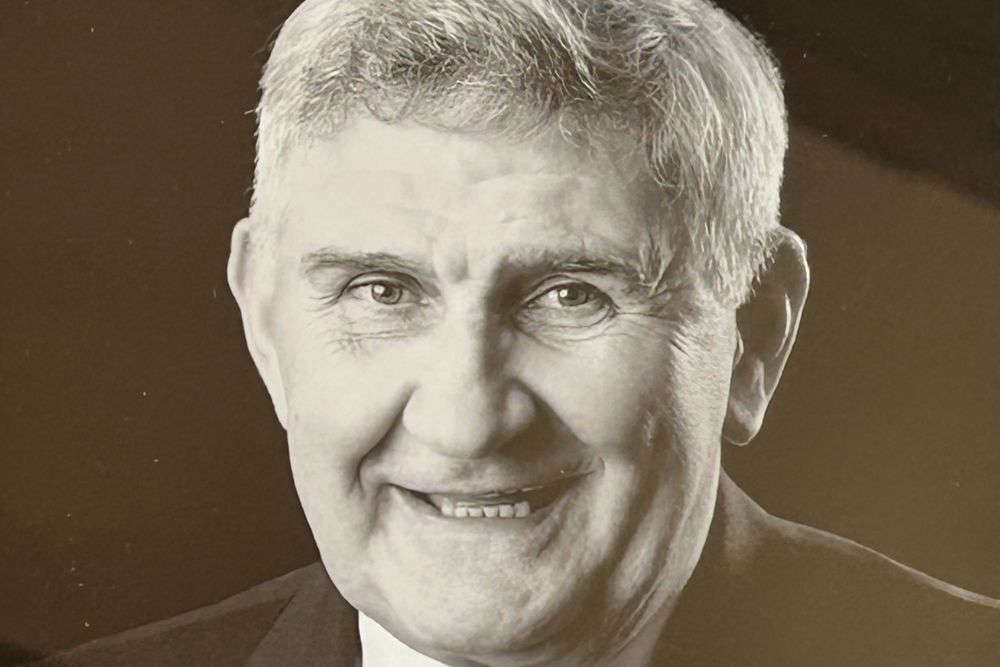 Funeral Of Former Laois GAA Manager Mick O'Dwyer To Take Place Tomorrow
Funeral Of Former Laois GAA Manager Mick O'Dwyer To Take Place Tomorrow
 LOETB Recognised In National Excellence Awards
LOETB Recognised In National Excellence Awards
 Laois TD Proposes Regulations For Wind Farm Developments
Laois TD Proposes Regulations For Wind Farm Developments
 Mental Health Charity Wants Social Media Giants Support For New Catfishing Law
Mental Health Charity Wants Social Media Giants Support For New Catfishing Law
 Laois Integration Network Set To Appoint New Chair
Laois Integration Network Set To Appoint New Chair
 Laois Still Waiting On Joint Policing Commission Replacement
Laois Still Waiting On Joint Policing Commission Replacement
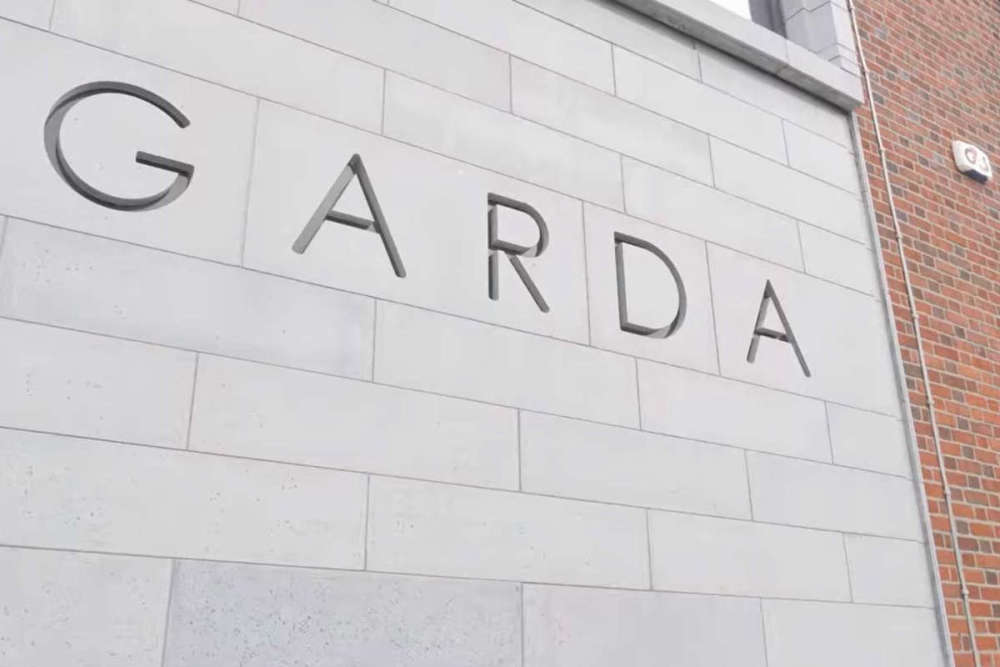 Man Charged Over Westmeath Assaults
Man Charged Over Westmeath Assaults
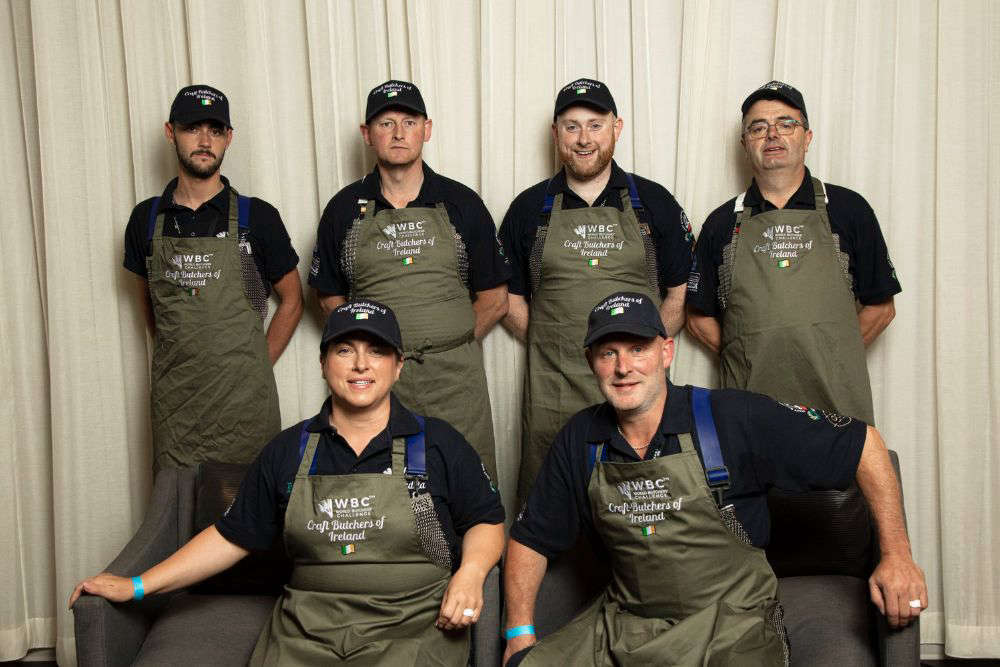 Laois Butcher Takes Home Best Chicken Prize At 'Butchers Olympics'
Laois Butcher Takes Home Best Chicken Prize At 'Butchers Olympics'
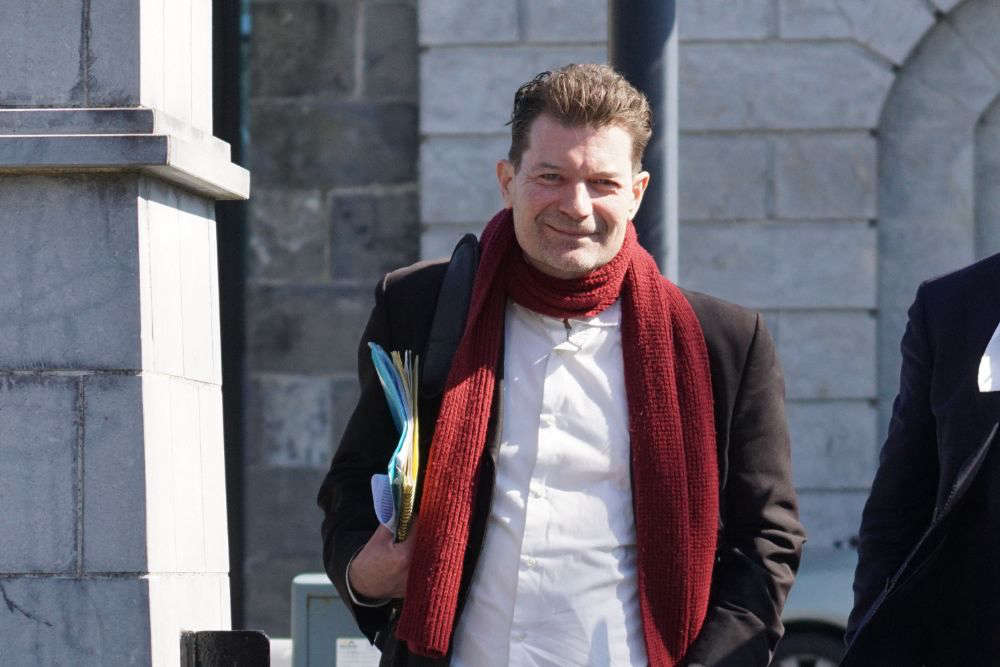 Court Hears Dublin Man Accused Westmeath Councillor Of Being Antifa Operative
Court Hears Dublin Man Accused Westmeath Councillor Of Being Antifa Operative
 Laois Man Sells Plant & Tool Hire Company For €31m
Laois Man Sells Plant & Tool Hire Company For €31m